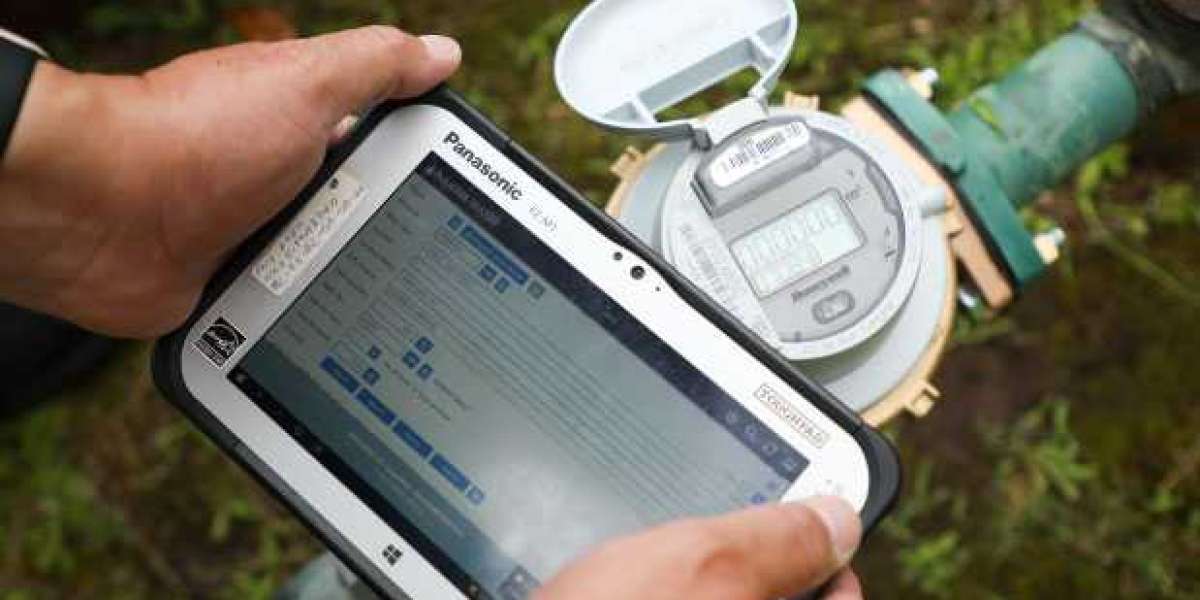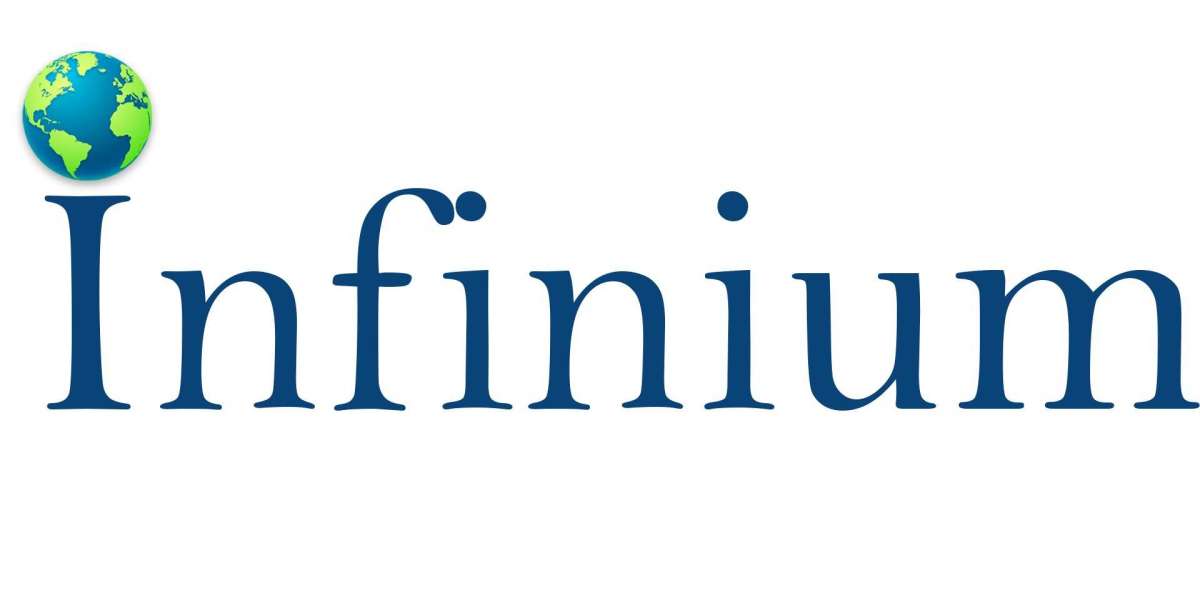The global smart water meter market is on a trajectory of substantial growth, driven by a confluence of factors propelling the need for advanced water management solutions. Valued at US$ 4.0 billion in 2021, this market is projected to expand at a robust CAGR of 6.9% through 2031, reaching a valuation of US$ 7.6 billion by the end of the forecast period.
A primary driver fueling this growth is the escalating demand for real-time, web-based monitoring systems that facilitate flexible billing and data alerts for non-revenue water and leak detection across residential, commercial, and industrial sectors. With urbanization rapidly increasing and water consumption following suit, there's a pressing need for efficient water distribution and conservation methods. Smart water meters emerge as a solution, enabling precise tracking of water consumption and empowering communities to tackle water scarcity proactively.
Technological advancements play a pivotal role in shaping the smart water meter landscape. Vendors are leveraging ultrasonic and electromagnetic technologies to design innovative products, coupled with advanced metering infrastructure (AMI) systems that harness data analytics for expanded customer outreach. Moreover, the rise in investment in smart water management technologies, driven by population growth and climate change concerns, further propels market progression. Governments worldwide are spearheading initiatives to install smart water meters, enhancing water utility systems' efficiency and aiding in water conservation efforts.
Get Sample PDF Copy: https://urlis.net/tpuniq5y
The residential and commercial sectors emerge as significant adopters of smart water meters, driving demand for hardware components like meters, modules, and pressure sensors. These meters offer a gamut of features, from leak detection to temperature monitoring, providing consumers with comprehensive insights into their water usage.
Regionally, North America leads the global market, buoyed by the proliferation of smart cities and robust government initiatives in the U.S. to deploy smart water meters. Meanwhile, Asia Pacific and Europe witness substantial market growth driven by the demand for advanced infrastructure in metropolitan areas.
In this dynamic landscape, key players such as Aclara Technologies LLC., Itron Inc., and Kamstrup A/S are at the forefront, investing in research and development to introduce cutting-edge solutions. As the smart water meter market continues its upward trajectory, it not only addresses immediate water management challenges but also lays the groundwork for sustainable water conservation practices globally.



